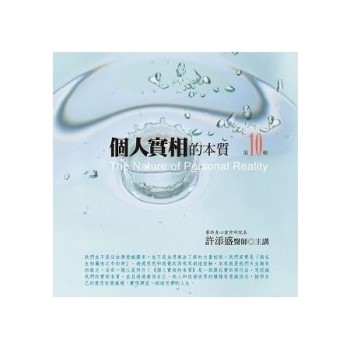The present research has as its substantive purpose the study of Latin American sustainable biolaw, as principles Framework to the Human Rights Council in the United Nations 2018; establishing the basic obligations of States under human rights law in relation to the enjoyment of a safe, clean, healthy and sustainable environment based on the postulates of the author J. Knox. It reflects on the importance of climate change as one of the greatest threats to human rights and the environment in Latin America. A symbolic archetypal ethnohistorical methodology was used, which has direct and indirect implications in all human rights, such as the right to life, health, drinking water and food; the role of international treaties in the protection and promotion of human rights and their relationship with the environment is analyzed.
| FindBook |
有 1 項符合
Sustainable Anthropology的圖書 |
 |
Sustainable Anthropology 作者:Gómez R. 出版社:Our Knowledge Publishing 出版日期:2024-03-31 語言:英文 規格:平裝 / 52頁 / 22.86 x 15.24 x 0.3 cm / 普通級/ 初版 |
| 圖書館借閱 |
| 國家圖書館 | 全國圖書書目資訊網 | 國立公共資訊圖書館 | 電子書服務平台 | MetaCat 跨館整合查詢 |
| 臺北市立圖書館 | 新北市立圖書館 | 基隆市公共圖書館 | 桃園市立圖書館 | 新竹縣公共圖書館 |
| 苗栗縣立圖書館 | 臺中市立圖書館 | 彰化縣公共圖書館 | 南投縣文化局 | 雲林縣公共圖書館 |
| 嘉義縣圖書館 | 臺南市立圖書館 | 高雄市立圖書館 | 屏東縣公共圖書館 | 宜蘭縣公共圖書館 |
| 花蓮縣文化局 | 臺東縣文化處 |
|
|
圖書介紹 - 資料來源:博客來 評分:
圖書名稱:Sustainable Anthropology
|










